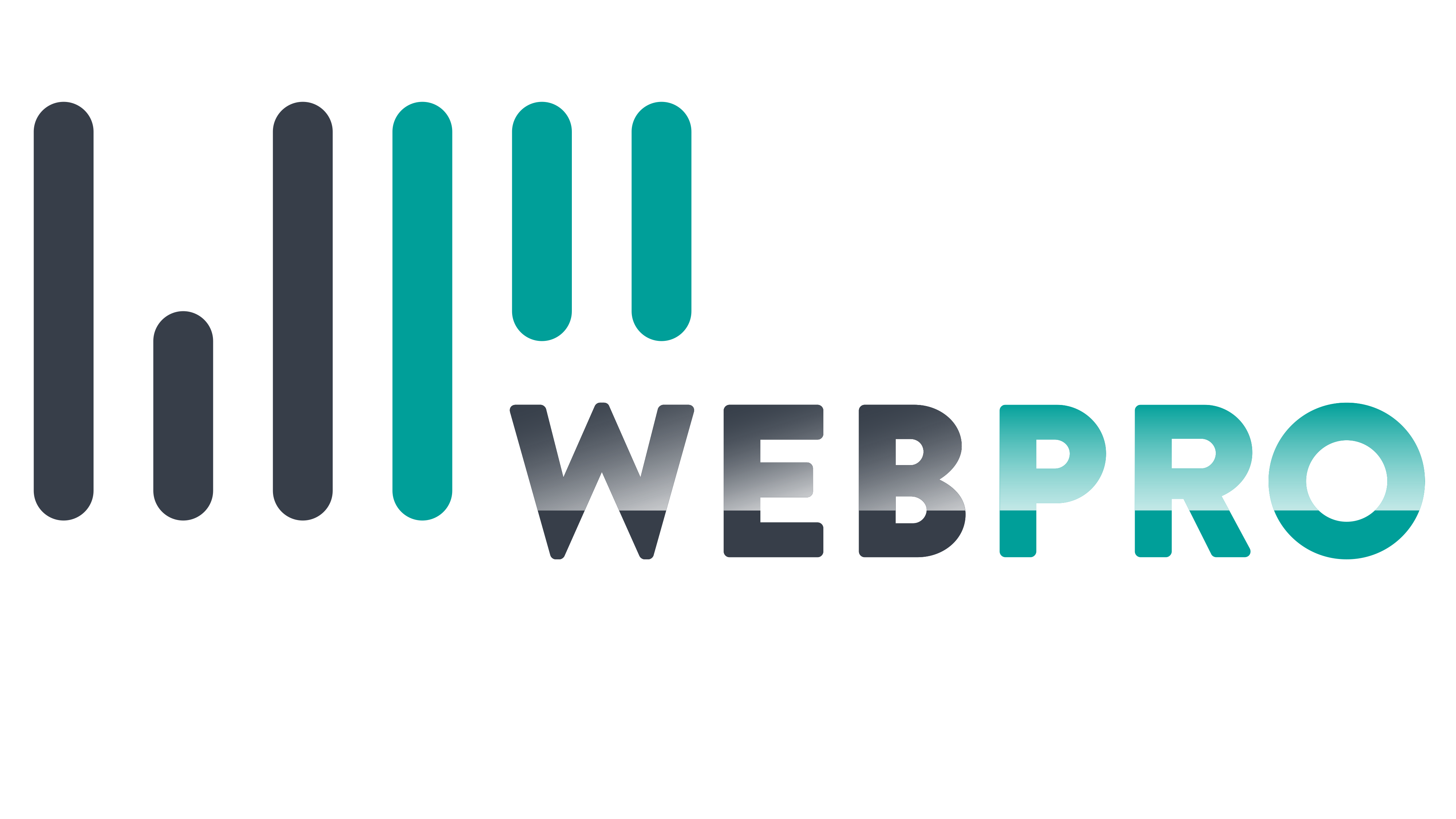A website is a must for businesses today, and mortgage brokers are no exception. If you have ever been involved in creating content for a website, chances are you are familiar with Google’s EEAT Guidelines. In its commitment to providing a people-first rather than a search-engine-first experience for users, Google developed the EEAT framework to guide searchers towards the most helpful and reliable content possible.
What is EEAT?
EEAT stands for Experience, Expertise, Authoritativeness, and Trustworthiness. These are the qualities Google requires website content to have to ensure users receive the most helpful, accurate, and relevant search results. EEAT is especially important for mortgage websites, whose content can impact a person’s financial well-being.
What isn’t EEAT?
Google employs (human) Quality Raters who use the EEAT framework as only part of their quality review, so having a high EEAT score does not automatically guarantee a higher rank for your website. Unfortunately, you can’t use the EEAT guidelines simply as a “checklist” of what to include in a website for it to rate higher, either. A website must consistently demonstrate high-quality, reliable, and trustworthy content to rank well.
How to demonstrate EEAT
To optimise your website for Experience, Expertise, Authoritativeness and Trustworthiness, it’s essential to understand each category thoroughly.
Experience refers to content based on practical knowledge or firsthand experience. Google wants to deter websites from regurgitating other content without having direct experience with the topic or posting generic, AI-generated content. Websites with author bios and photos or videos of personal experience will score higher in this category, particularly for high-stakes content like mortgage advice.
Expertise refers to how well the content creator knows the website's subject area. For example, only mortgage experts should create or review mortgage content and include reliable, cited sources. To score higher in this category, highlight your team’s background and qualifications on the website.
Authoritativeness refers to the website’s reputation and credibility. Content in this category is enhanced by using reputable external links and citations, as well as other high-quality websites linking back to yours.
Trustworthiness refers to how well a website fulfils its intended purpose and the overall trustworthiness of the content and website, which is determined by factors such as accurate information, transparent sources and citations, and site security. Google considers this category central to EEAT because it can impact a website’s score negatively even if Experience, Expertise and Authoritativeness are included. Trustworthiness is critical for financial services websites since the advice could negatively impact readers if incorrect.
Google updates the rating guidelines regularly, so periodically reviewing your website is a good idea to ensure it remains optimised.
Here at WEBPRO Mortgage, our experienced teams with specialist expertise are authorities on the subject of mortgage content. For service you can trust, contact us today.
Common mistakes when applying EEAT guidelines
As well as optimising your website for EEAT, avoiding common mistakes is just as important. For example, not showing author bios, not providing precise contact details, and delivering outdated or incorrect information will lower your website’s rating in terms of EEAT.
FAQs
What are Google’s content policies?
In general, Google limits pages that misinform people in a way that could be harmful, deceptive, or promote violence or hatred. Mortgage brokers should be particularly careful to verify financial advice with experts in the specific field of each topic or at least verified by experts in that field.
How does EEAT affect SEO?
Scoring well in EEAT affects search engine optimisation (SEO) because high-quality content increases user trust and rankings in Google search results.
Can you fake EEAT?
You can attempt to fake EEAT by falsifying author bios, using AI-generated photos, or claiming an article was written by an expert when it wasn’t. However, Google’s algorithm looks for signals corresponding to EEAT overall rather than checking off a list of characteristics. Google is improving how well it identifies and eliminates disinformation, and many experts suggest that trying to fake EEAT is worse than not having it at all. In other words, Google is harsher on sites that try to be deliberately deceptive than sites that omit EEAT factors by honest mistake.
How do I assess my website’s EEAT?
The best way to score well in EEAT is to create high-quality content from the outset. For example, the content creator should have real-life experience with the topic to build authority and include well-researched, cited content from reputable, accurately credited authors. Establish your brand over time and build a good reputation and trust so that other websites link to your website and include you in their reviews.
Is EEAT a ranking factor?
Google doesn’t use EEAT in any of its algorithms or ranking systems. EEAT was designed to help Quality Search Raters evaluate pages, but no individual rating directly impacts how a website appears in a Google search. That said, a website that scores low in EEAT will naturally rank lower in search queries because it is weaker in one or more EEAT factors of Experience, Expertise, Authoritativeness and Trustworthiness.
Are EEAT guidelines still important in 2024?
Yes, Google is committed to offering users the most valuable, useful, people-first content for any search query. They recently released a broad update that expands upon previous updates and will continue to guard against disinformation. Especially with AI-generated content growth, EEAT guidelines are as important as ever and will continue to be critical in SEO.
Recap: It’s important to optimise your website content for Experience, Expertise, Authoritativeness and Trustworthiness. Familiarising yourself with EEAT guidelines – really understanding them, why and how to use them – will be beneficial. Providing a people-first online experience for potential clients is as important as offering outstanding customer service when face to face, for your brand.
WEBRO knows
According to Semrush, there are 5.9 million Google searches per minute. Be seen as an authority in your field with mortgage content that can be trusted.





